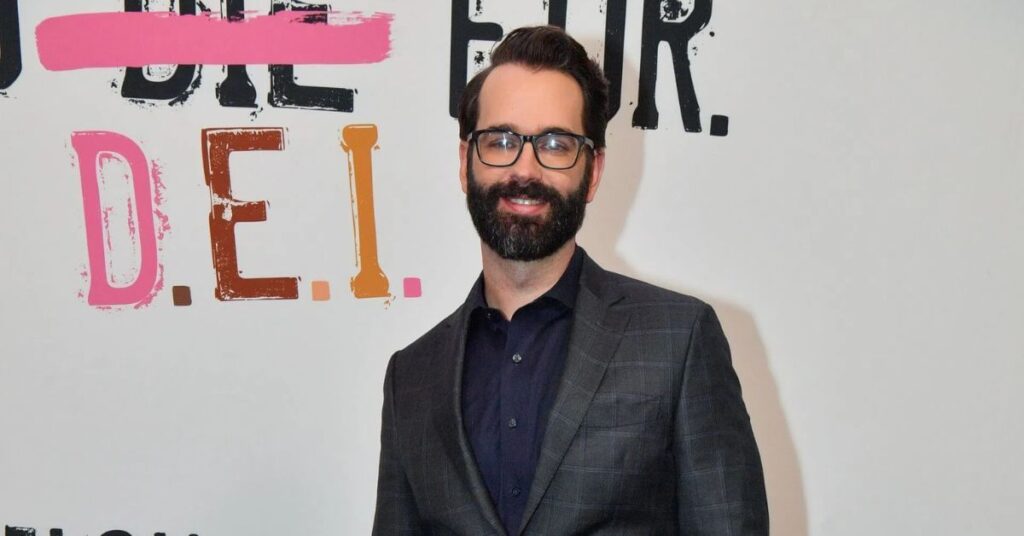Matt Walsh Warns of Severe Mental Illness Risks from Advancing Artificial Intelligence
Political commentator and podcaster Matt Walsh has expressed concerns about the potential negative effects of Artificial Intelligence (AI) on mental health. According to Walsh, as AI technology continues to advance, it could lead to “severe mental illness” among users.
In recent years, AI platforms have become increasingly sophisticated, leading to the development of numerous chatbots. Many users now regularly engage with these AI systems on platforms such as ChatGPT and Perplexity. Walsh believes this trend will expand even further, with people soon able to communicate with AI-generated clones of themselves, appearing as lifelike video conversations.
On Sunday, November 16, Walsh shared his thoughts on X (formerly Twitter), writing:
“In the very near future, you’ll be able to have a conversation with an AI version of yourself that looks and sounds exactly like you. It will be like talking to a clone of yourself on FaceTime.”
“It’s impossible to overstate just how much severe mental illness this will cause, and how many incredibly sinister ways this will be exploited by corporations and governments. This is just one small application of AI and all by itself it will destroy the minds of millions of vulnerable people.”
Concerns Regarding Deepfakes and Misinformation
Walsh has also previously spoken out about the dangers associated with deepfakes—highly realistic AI-generated video or audio content depicting individuals saying or doing things they have never done in reality.
In an X post dated October 9, Walsh warned:
“Within the next year or two—probably sooner—anyone who hates you will be able to generate any kind of defamatory video of you doing or saying something awful, and it will be so indistinguishable from a real video that you simply won’t ever be able to prove that it’s fake. Literally nothing is being done to prevent this from happening. We can all see it coming and our leaders are doing precisely nothing at all to stop it.”
Elon Musk, owner of X, responded to Walsh’s warning by stating:
“@grok will be able to analyze the video for AI signatures in the bitstream and then further research the Internet to assess origin.”
Grok is an AI assistant integrated across the X platform, designed to help identify AI-generated content.
Mental Health Risks and Legal Challenges Facing OpenAI
The mental health implications of AI, especially among teens and young adults, are becoming increasingly concerning. A November 7 report by the Jama Network highlighted that many adolescents in the United States are turning to ChatGPT for mental health advice. Alarmingly, this has led some users to experience delusions and suicidal thoughts.
According to the Associated Press, OpenAI is currently facing seven lawsuits alleging that ChatGPT contributed to users’ suicides. One such case involves 17-year-old Amaurie Lacey, where the lawsuit states:
“The defective and inherently dangerous ChatGPT product caused addiction, depression, and, eventually, counseled him on the most effective way to tie a noose and how long he would be able to ‘live without breathing’.”
The Jama Network report also revealed that approximately 13% of US users aged 12 to 21 have used ChatGPT for mental health-related advice, a figure that increases to 22% within the 18 to 21 age group (sample size: 1000).
Related Coverage
- “Totally devoid of any artistry or soul”: Matt Walsh slams ‘Walk My Walk’ after it becomes first AI-generated song to top Billboard charts
- “Long awaited by who?” Matt Walsh mocks Netflix for the production of a live-action Captain Planet reboot

